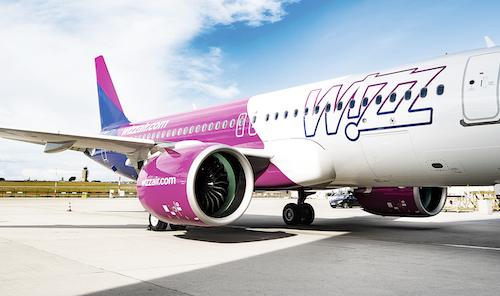Small- and medium-enterprises (SMEs) that embraced e-commerce during the pandemic are underestimating the importance consumers now place on sustainability in their purchase decision-making.
New research commissioned by FedEx Express shows that 75% of SMEs surveyed said their customers are more interested in receiving their goods as quickly as possible rather than in sustainable shopping.
A similar number, 73%, thought that receiving goods as cheaply as possible is more important to customers. Insights from consumers show the reality is very different.
The What’s Next in E-Commerce survey polled SMEs and consumers in 11 markets in the Asia Pacific, Middle East, and Africa region (AMEA) in July 2022. The poll explored the continuing evolution of e-commerce in the region and identified trends that could fuel their future growth.
Key Finding: Consumers want both sustainability and speed
The accelerated growth of e-commerce during the COVID-19 pandemic occurred as consumer concerns over the environment continued to grow.
For a significant number of consumers, the future of the planet is top of mind, and they do not want to compromise – they want both sustainability and speedy delivery. Across the region, 67% of those surveyed expressed as much interest in receiving their goods quickly as they did in the sustainability of the online shopping process.
Consumers in Vietnam, Thailand, and South Korea placed the greatest priority on sustainability over delivery speed. Conversely, consumers in Taiwan, Hong Kong, and Malaysia are more likely to focus on delivery lead time.
The research shows that eight out of 10 consumers in AMEA expect the e-commerce companies they buy from to pursue sustainable business models.
Seven out of 10 prefer to buy from companies with an effective environmental, social and governance (ESG) strategy in place – but only 29% of SMEs actually have one.
SMEs acknowledge that consumers expect them to run sustainable businesses, but many (68%) either fear the associated costs or are unconvinced that any investment in this area will produce a return.
Taking a more sustainable approach to delivery
“Sustainability is no longer an optional extra for SMEs interested in expanding their e-commerce businesses. Consumers increasingly see it as an essential and non-negotiable part of their decision-making process,” said Kawal Preet, president of Asia Pacific, Middle East & Africa (AMEA) at FedEx Express.
“SMEs can make an immediate difference by thinking about the logistics connecting their supply chain all the way to the end-consumer. At FedEx we’re already taking tangible steps to mitigate the impact of delivery on the planet.”
For any SME, creating an effective ESG strategy is the sum of multiple, individual wins. More than 80% of the total greenhouse gas emissions made by a typical consumer-facing enterprise emanate from outside their internal operations, largely coming from manufacturing and elsewhere in their supply chains[1].
As connectors in the chain, logistics providers have a role to play in helping to lower the possible impact on the planet to help align to consumer expectations.
About the What’s Next in E-Commerce Survey
The online survey was conducted by Harris Interactive in July 2022 across 11 markets including Australia, Hong Kong, India, Japan, Malaysia, Philippines, Singapore, South Korea, Taiwan, Thailand and Vietnam.
300 small and medium businesses with less than 250 employees engaged in e-commerce were polled in each market alongside 500 consumers (1,000 in India) over the age of 18. To access the full report, click here.

